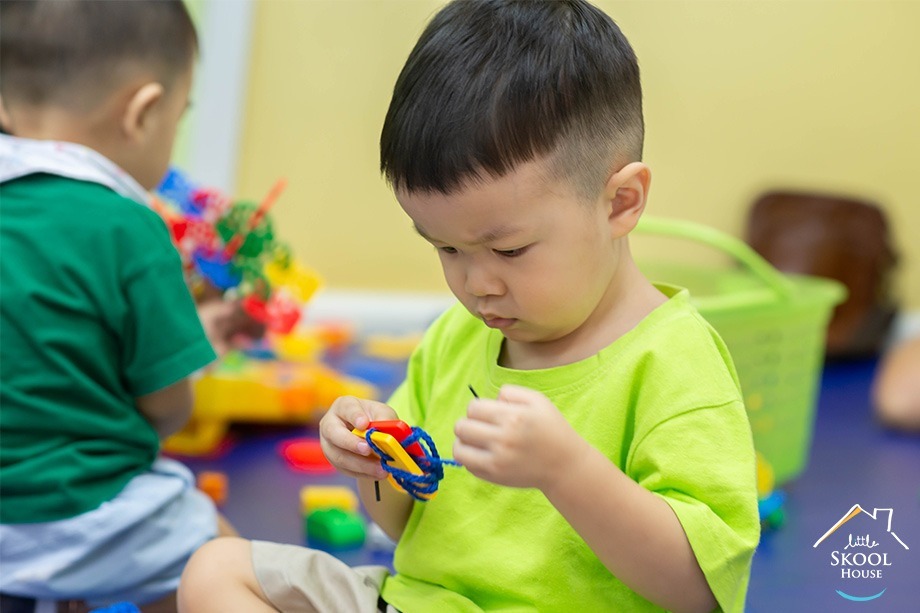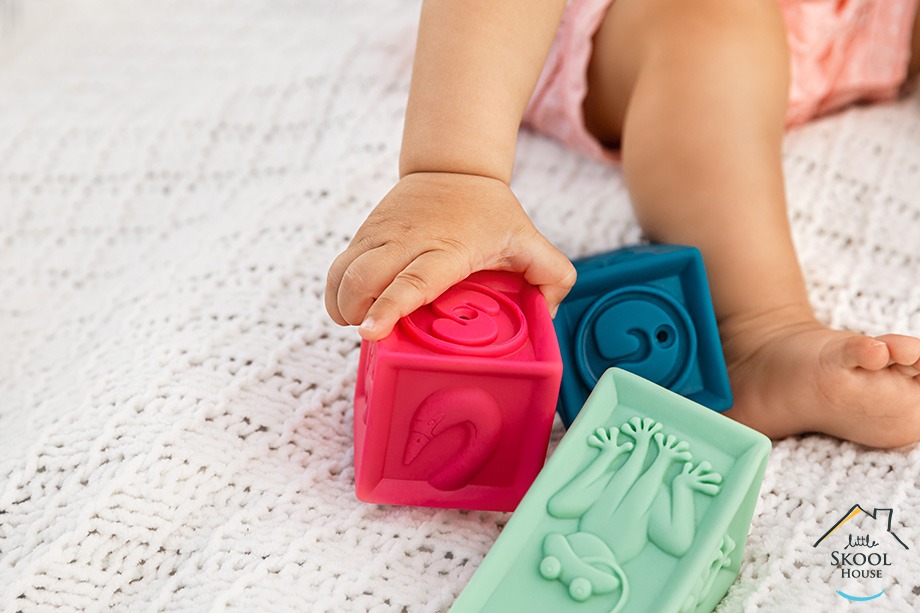BACK
As parents, we strive to give our little ones the best and provide them with an environment where they can meet their development needs and build the necessary skills to thrive in the future.
Infant care in Singapore has become a popular choice for many working parents, with many enrolling their children as early as two months old. A good infant care centre should offer a safe environment for learning and development and provide comprehensive programmes to support the child’s developmental and educational needs, on top of lending busy parents a helping hand in their child’s daily care.
1. Builds Social Skills
It is crucial for a child to start developing social skills at an early stage. Being in an infant care centre allows one to interact with others and make new friends. A child’s exposure to socialisation activities such as playing side-by-side with other infants or singing nursery rhymes offers excellent benefits—navigating new environments, learning to observe others, and practising sharing and caring.
Through these activities, a child learns how to engage with others, eliminating social anxiety and building confidence simultaneously. They also develop a sense of community and social understanding—valuable skills they can bring into their adult years.

2. Strengthens Muscle Development and Motor Skills
Infancy is a critical period for rapid physical growth. Therefore, children are encouraged to engage in activities stimulating the brain and promoting healthy cognitive processes. Through physical play and sensory play, infants develop stronger muscles, better hand-eye coordination, fine motor skills, and more awareness of their surroundings.
The best infant care centres would prepare for this. They would allocate spaces in the centres for play areas suitable for infants. These areas have mats, balls, gym blocks, and other equipment to facilitate activities that teach babies to support their heads, roll over or sit up, and strengthen their head, neck, shoulders, and back muscles. And those gym blocks and balls? The infants learn to grasp and hold them to improve their gross and fine motor skills.

3. Cognitive Development and Linguistic Capabilities
Some infant cares in Singapore have specially designed educational programmes that help nurture an infant’s cognitive development and linguistic skills. Storytelling is an excellent example. Teachers keep the little ones entertained through age-appropriate stories coupled with expressive voices and gestures. This can stimulate the infant’s imagination and allow them to process emotional and social situations. By listening to stories, they acquire new vocabulary and discover different ways to use these new words.

4. Provides a Secure Environment for all Their Needs
Researchers found that proper attention and care during early childhood is essential for healthy intellectual and social skills. It is critical for infant care centres to focus on building secure attachment and a sense of trust. To achieve this, care providers and educators in the infant care centres need to be qualified and highly trained to foster that healthy growing environment. This builds the child’s confidence and allows them to transition easily into a new environment.
The Little Skool-House’s relationship-based curriculum emphasises establishing a sense of trust between the child and their educators. When a child feels safe and comfortable, they unleash their full potential and maximise learning through our pedagogy designed by top ECDA Fellow Graduate Dr. Geraldine Zuzarte.
Partner with Little Skool-House to provide your child with the environment to build their confidence and independence, and strengthen their core skills. Little Skool-House has infant care centres across Singapore, including Jurong East and Pasir Ris. Contact us for more information.



